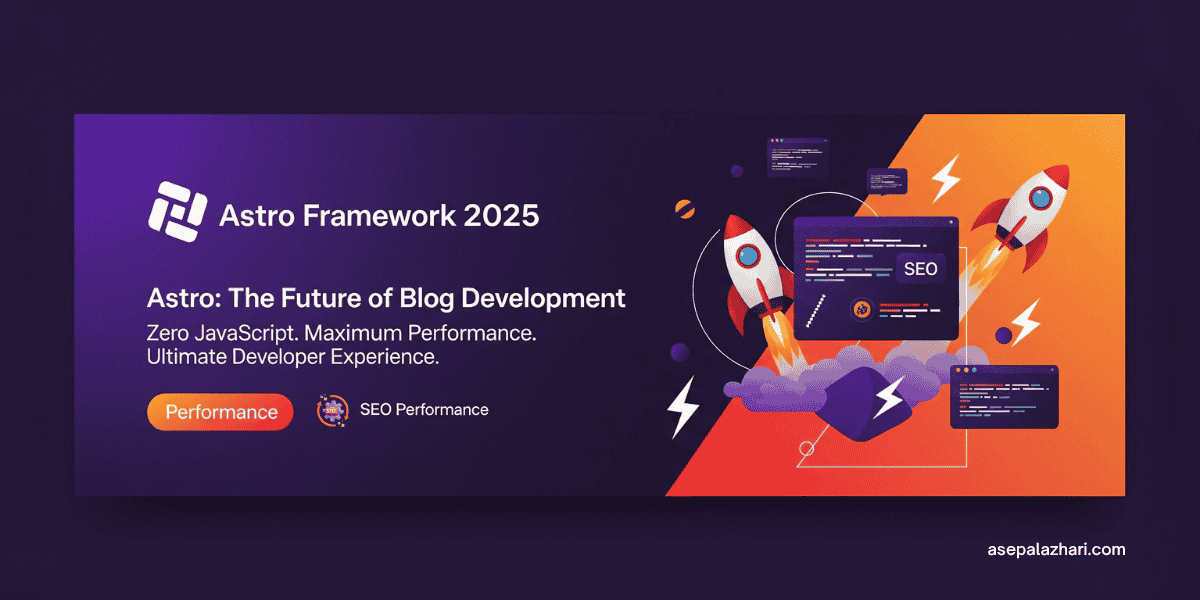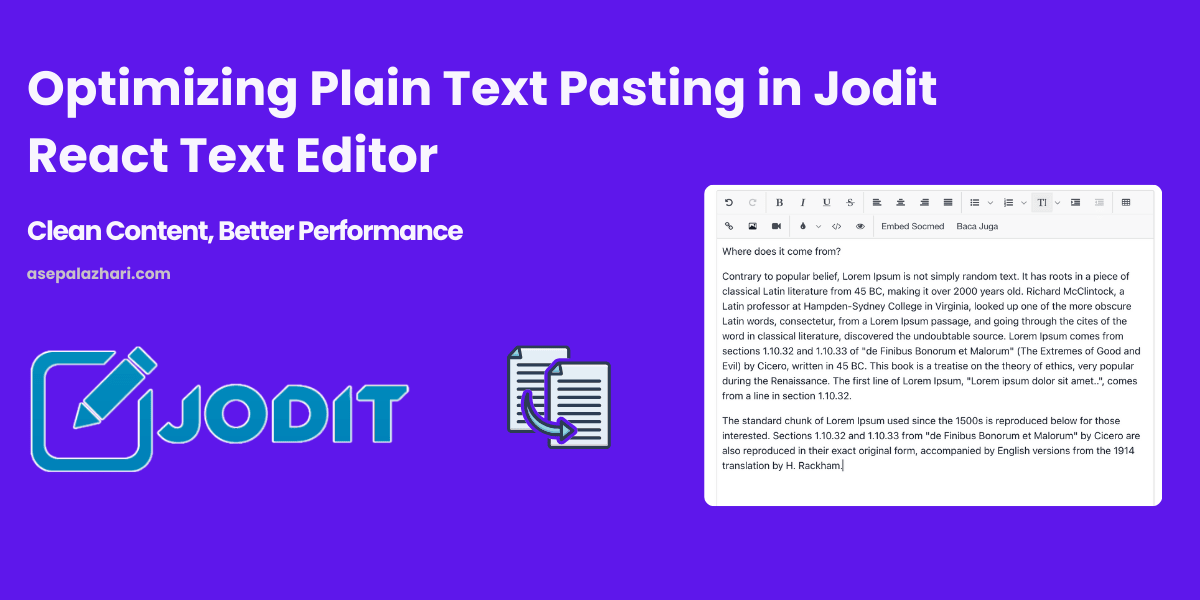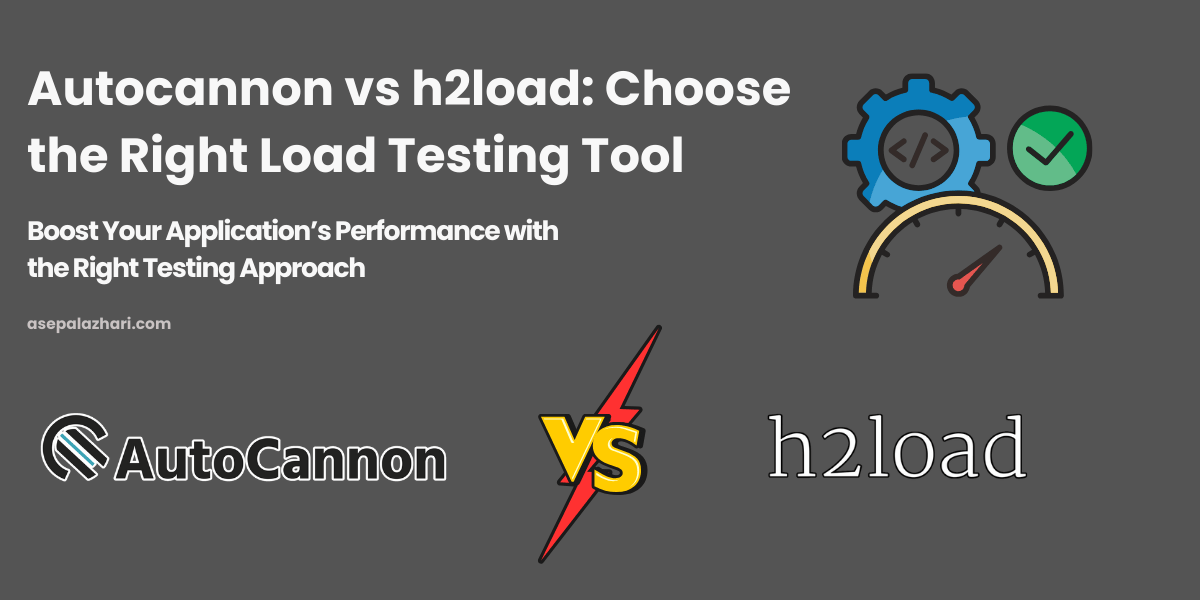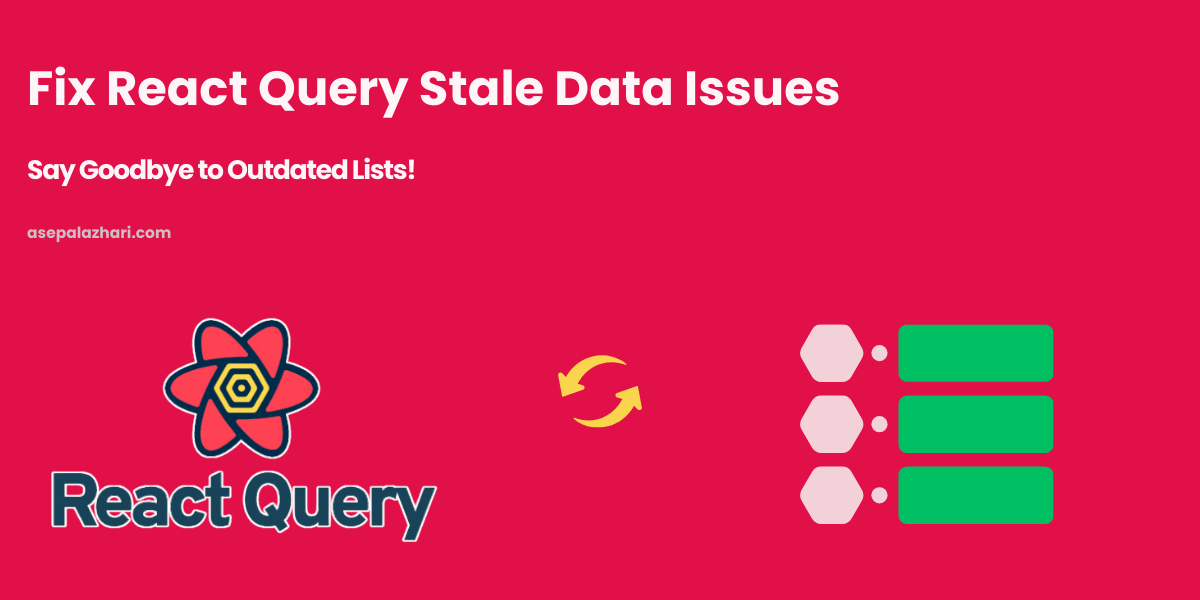Why Astro is the Best Framework for High-Performance Blogs in 2025
Discover why Astro is the top framework for fast, SEO-optimized blogs in 2025. Learn how its zero-JavaScript approach and content-first design outperform others.

The Evolution of Blog Development: Why Developers Are Switching to Astro
In the rapidly evolving landscape of web development, choosing the right framework for your blog can make or break your online presence. For years, developers have grappled with a fundamental dilemma: how to create blogs that are both powerful and performant, feature-rich yet fast-loading.
The traditional approach often meant choosing between WordPress (easy but heavy), Gatsby (powerful but complex), or Next.js (flexible but over-engineered for content sites). Each solution came with its own set of compromises that left developers frustrated and users with suboptimal experiences.
The Problem with Traditional Blog Frameworks
Most modern web frameworks were designed for building applications, not content-focused websites. This mismatch creates several issues:
- JavaScript Bloat: Shipping unnecessary JavaScript for static content
- Complex Setup: Over-engineered solutions for simple content needs
- Performance Trade-offs: Heavy frameworks slowing down what should be fast, static pages
- SEO Challenges: Client-side rendering hurting search engine visibility
Enter Astro—a framework that challenges these conventions by putting content first and performance at its core.
What Makes Astro Different: The Content-First Revolution
Astro represents a paradigm shift in how we think about building content-heavy websites. Instead of treating blogs as JavaScript applications, Astro recognizes them for what they truly are: content delivery systems that occasionally need interactivity.
1. Zero JavaScript by Default Philosophy
The most revolutionary aspect of Astro is its “zero JavaScript by default” approach. Unlike traditional frameworks that ship JavaScript bundles regardless of need, Astro only includes JavaScript when you explicitly request it.
---
// This page ships ZERO JavaScript to the browser
const posts = await Astro.glob("./posts/*.md");
---
<html>
<head>
<title>My Lightning-Fast Blog</title>
</head>
<body>
<h1>Latest Posts</h1>
{
posts.map((post) => (
<article>
<h2>{post.frontmatter.title}</h2>
<p>{post.frontmatter.excerpt}</p>
</article>
))
}
</body>
</html>This approach results in:
- Faster Page Loads: No unnecessary JavaScript parsing
- Better Core Web Vitals: Improved Lighthouse scores across the board
- Enhanced User Experience: Instant page interactions
- Reduced Bandwidth Usage: Smaller page sizes benefit users on slower connections
Also Read: Astro & shadcn/ui: A Guide to Building High-Performance UI Components
2. Native Content Management Capabilities
Astro treats content as a first-class citizen with built-in features that make content management effortless:
File-Based Routing: Your folder structure becomes your URL structure
src/pages/
├── index.astro → /
├── about.astro → /about
└── blog/
├── index.astro → /blog
└── [slug].astro → /blog/any-post-nameMarkdown & MDX Support: Write in Markdown, enhance with components
---
title: "My Awesome Post"
publishDate: 2025-06-29
---
# Hello World
This is regular Markdown content.
<CustomCallout type="info">But I can also use React/Vue/Svelte components!</CustomCallout>
## Code Highlighting Works Too
```javascript
function greet(name) {
return `Hello, ${name}!`;
}
```Content Collections: Type-safe content management
// src/content/config.ts
import { defineCollection, z } from "astro:content";
export const collections = {
blog: defineCollection({
schema: z.object({
title: z.string(),
publishDate: z.date(),
author: z.string(),
tags: z.array(z.string()),
featured: z.boolean().default(false),
excerpt: z.string().max(160), // SEO-friendly
}),
}),
};3. Framework Agnostic Component System
One of Astro’s most powerful features is its ability to use components from different frameworks within the same project. This means you’re never locked into a single ecosystem.
---
// Mix and match frameworks as needed
import ReactCounter from "../components/ReactCounter.jsx";
import VueImageGallery from "../components/VueImageGallery.vue";
import SvelteContactForm from "../components/SvelteContactForm.svelte";
---
<main>
<ReactCounter client:load />
<VueImageGallery client:visible />
<SvelteContactForm client:idle />
</main>The client: directives give you precise control over when and how components hydrate:
client:load- Hydrate immediatelyclient:idle- Hydrate when the main thread is freeclient:visible- Hydrate when the component enters the viewportclient:media- Hydrate when a media query matches
4. Built-in Performance Optimizations
Astro includes several performance optimizations out of the box:
Automatic Image Optimization:
---
import { Image } from "astro:assets";
import heroImage from "../assets/hero.jpg";
---
<Image src={heroImage} alt="Hero image" width={800} height={400} format="webp" loading="lazy" />CSS Scoping and Optimization:
<style define:vars={{ accentColor: "purple" }}>
.card {
background: linear-gradient(45deg, var(--accentColor), transparent);
}
</style>Intelligent Prefetching:
---
// Prefetch critical pages
import { prefetch } from "astro:prefetch";
---
<a href="/important-page" data-astro-prefetch>Important Page</a>Real-World Performance Benefits
The performance advantages of Astro aren’t just theoretical—they translate to measurable improvements in user experience and SEO rankings.
Speed Comparisons
Independent benchmarks consistently show Astro outperforming traditional blog frameworks:
- Time to First Byte (TTFB): 40-60% faster than WordPress
- First Contentful Paint (FCP): 30-50% improvement over Gatsby
- Largest Contentful Paint (LCP): 25-45% better than Next.js for static content
- Cumulative Layout Shift (CLS): Near-zero scores due to static generation
SEO Advantages
Search engines favor fast, accessible websites. Astro’s approach naturally leads to better SEO:
- Server-Side Generation: All content is pre-rendered for crawler accessibility
- Semantic HTML: Clean markup without framework-specific bloat
- Fast Loading: Speed is a confirmed ranking factor
- Mobile Performance: Lightweight pages perform better on mobile devices
Also Read: How to Reduce Server CPU Usage by 60% with Nginx Caching for Next.js Applications
When Astro is the Perfect Choice
Astro excels in specific scenarios where content and performance are paramount:
Ideal Use Cases
Content-Heavy Websites: Blogs, documentation sites, marketing pages, portfolios Performance-Critical Applications: E-commerce product pages, landing pages, news sites
SEO-Focused Projects: Any site where search visibility is crucial Developer Experience Priority: Teams wanting modern tooling without complexity Multi-Framework Teams: Organizations using different frontend technologies
Code Example: Building a Blog Archive
Here’s how you might build a performant blog archive page in Astro:
---
import { getCollection } from "astro:content";
import Layout from "../layouts/Layout.astro";
import FormattedDate from "../components/FormattedDate.astro";
const allPosts = await getCollection("blog");
const sortedPosts = allPosts.sort((a, b) => b.data.publishDate.valueOf() - a.data.publishDate.valueOf()).slice(0, 10);
const categories = [...new Set(allPosts.map((post) => post.data.category))];
---
<Layout title="Blog Archive">
<main>
<h1>Latest Blog Posts</h1>
<section class="filters">
<h2>Categories</h2>
{
categories.map((category) => (
<a href={`/category/${category}`} class="category-link">
{category}
</a>
))
}
</section>
<section class="posts">
{
sortedPosts.map((post) => (
<article class="post-card">
<h2>
<a href={`/blog/${post.slug}`}>{post.data.title}</a>
</h2>
<FormattedDate date={post.data.publishDate} />
<p>{post.data.excerpt}</p>
<div class="tags">
{post.data.tags.map((tag) => (
<span class="tag">#{tag}</span>
))}
</div>
</article>
))
}
</section>
</main>
</Layout>
<style>
.posts {
display: grid;
grid-template-columns: repeat(auto-fit, minmax(300px, 1fr));
gap: 2rem;
margin-top: 2rem;
}
.post-card {
padding: 1.5rem;
border: 1px solid #e2e8f0;
border-radius: 8px;
transition: transform 0.2s;
}
.post-card:hover {
transform: translateY(-4px);
box-shadow: 0 4px 12px rgba(0, 0, 0, 0.1);
}
.tags {
margin-top: 1rem;
}
.tag {
display: inline-block;
background: #f1f5f9;
padding: 0.25rem 0.5rem;
border-radius: 4px;
font-size: 0.875rem;
margin-right: 0.5rem;
}
</style>This example demonstrates several Astro advantages:
- Zero JavaScript: The page is completely static
- Type Safety: Content collections provide TypeScript support
- Performance: Pre-rendered at build time
- Developer Experience: Clean, readable code structure
Getting Started: Your First Astro Blog
Ready to experience the Astro difference? Here’s how to get started:
Installation and Setup
# Create a new Astro project
npm create astro@latest my-blog
# Choose the blog template
cd my-blog
npm install
# Start the development server
npm run devEssential Configuration
// astro.config.mjs
import { defineConfig } from "astro/config";
import mdx from "@astrojs/mdx";
import sitemap from "@astrojs/sitemap";
export default defineConfig({
site: "https://yourblog.com",
integrations: [mdx(), sitemap()],
markdown: {
shikiConfig: {
theme: "github-dark",
wrap: true,
},
},
});Content Structure
src/
├── content/
│ ├── config.ts
│ └── blog/
│ ├── post-1.md
│ ├── post-2.mdx
│ └── post-3.md
├── layouts/
│ ├── Layout.astro
│ └── BlogPost.astro
└── pages/
├── index.astro
├── blog/
│ ├── index.astro
│ └── [slug].astro
└── rss.xml.jsThe Future of Content-First Development
Astro represents more than just another framework—it’s a return to web fundamentals enhanced with modern developer experience. As the web continues to prioritize performance and user experience, tools like Astro that put content first will become increasingly important.
The framework’s growing ecosystem, active community, and continuous innovation make it an excellent long-term choice for content creators and developers alike. Whether you’re building your first blog or migrating from an existing platform, Astro offers a path to better performance, developer happiness, and user satisfaction.
Why Choose Astro in 2025?
- Performance is Non-Negotiable: Users expect fast websites
- SEO Matters More Than Ever: Competition for search visibility is fierce
- Developer Experience Counts: Happy developers build better products
- Future-Proof Architecture: Built on web standards, not proprietary APIs
- Community and Ecosystem: Growing support and plugin ecosystem
The question isn’t whether you should consider Astro for your next blog—it’s whether you can afford not to explore what might be the future of content-focused web development.
Ready to build something amazing? Your readers (and your Lighthouse scores) will thank you.


